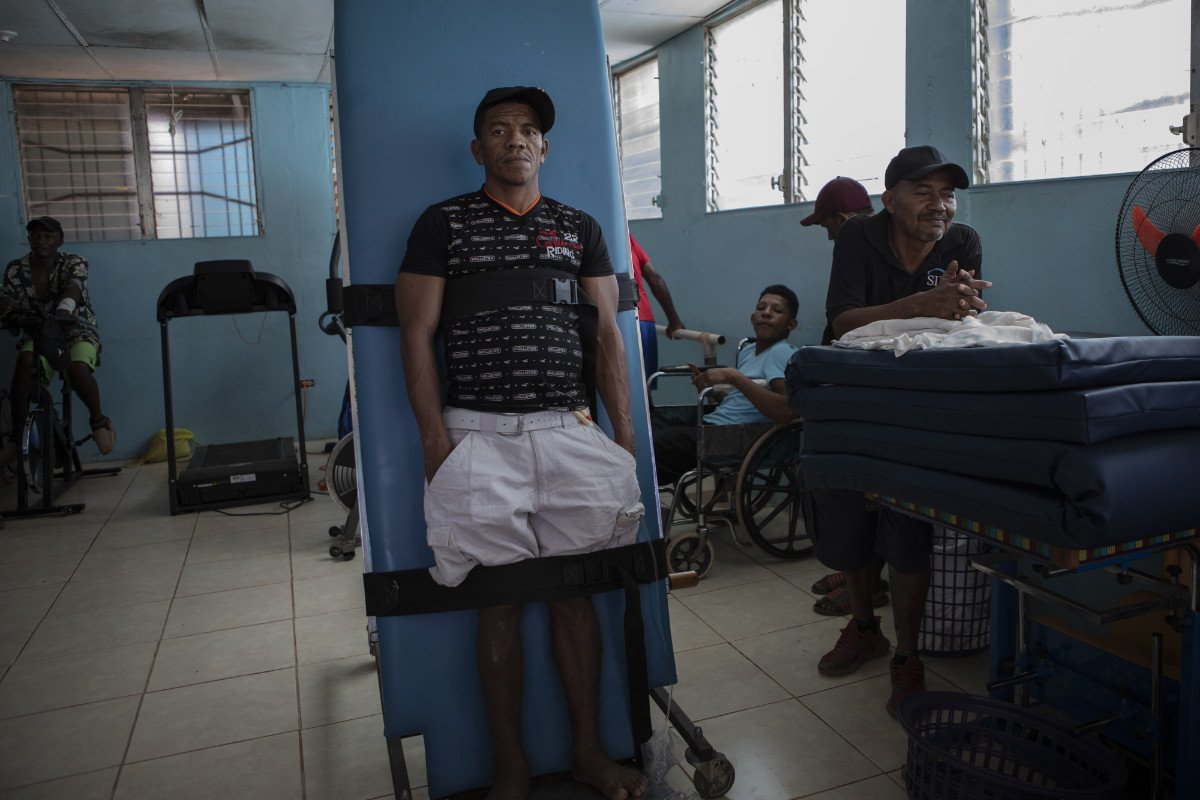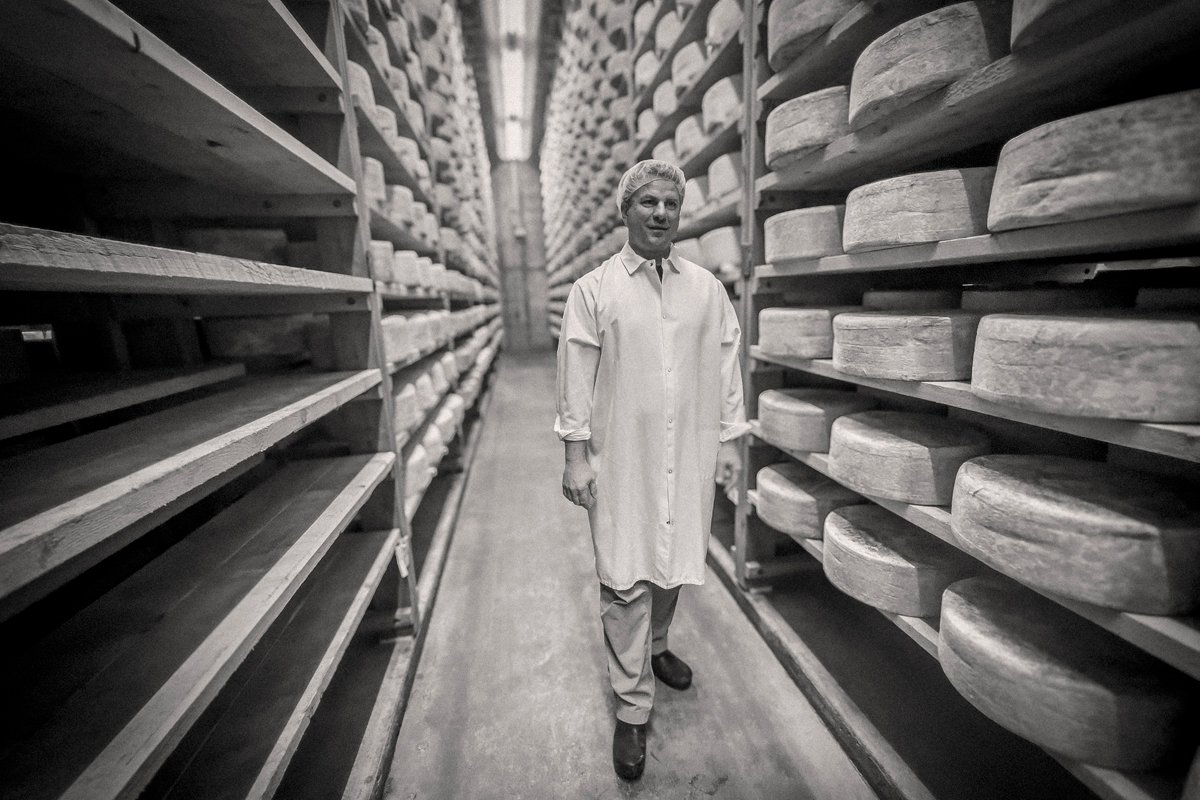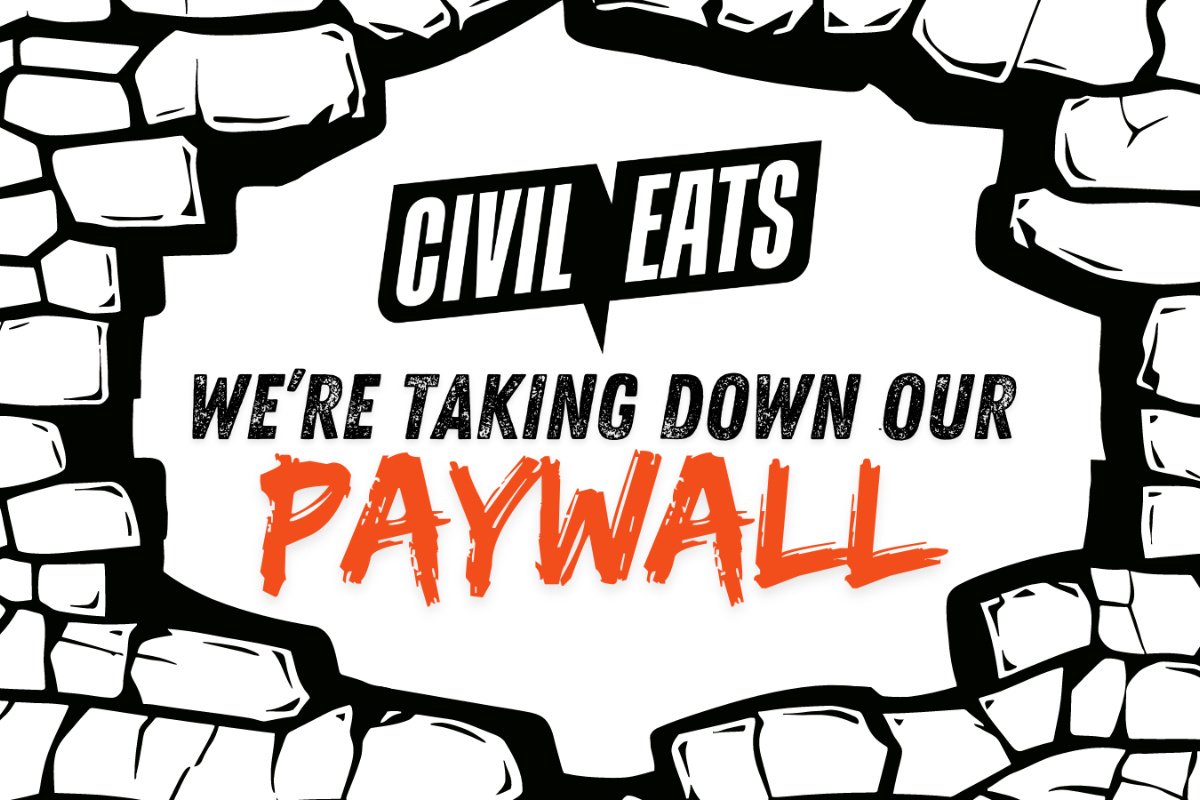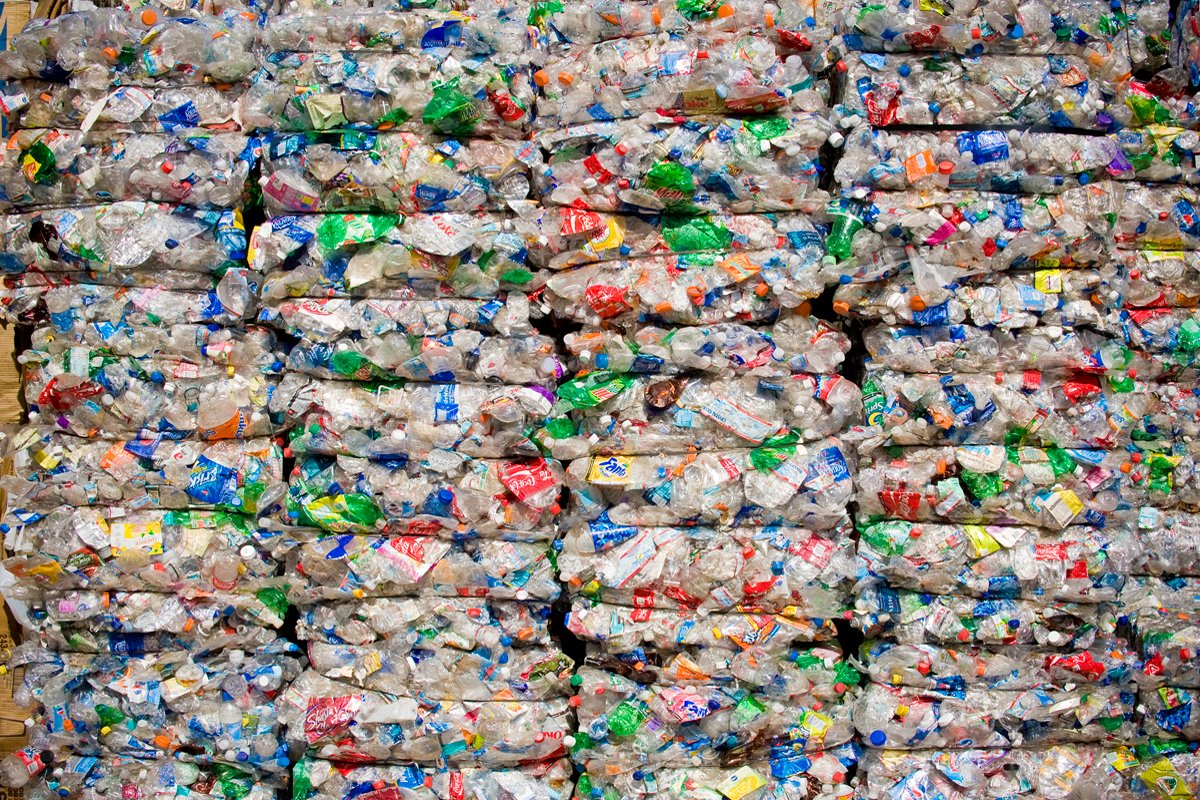From following up on last year’s investigations into animal-ag worker protections and water rights in the West to launching a new series examining Walmart’s outsized influence over the American food system, our reporters dug deep in 2023.

From following up on last year’s investigations into animal-ag worker protections and water rights in the West to launching a new series examining Walmart’s outsized influence over the American food system, our reporters dug deep in 2023.
December 27, 2023

Injured divers work on various exercises in a small rehabilitation room at the hospital. Dr. Henzel Roberto Pérez, the deputy director of information management at the hospital, said that one of the many problems with the lobster diving industry is “Children are working for these companies. At least one of the companies is from the United States.” (Photo credit: Jacky Muniello)
Last year, Civil Eats launched an investigations desk to break new ground—and dig even deeper—on topics related to power within the food system. Our five-part series, Injured and Invisible, about the unseen and unprotected workforce behind meat produced in the U.S., won a James Beard Award for investigative reporting, and our piece on the investors laying claim to water in Colorado won first prize in the business category of the 2023 American Society of Journalists and Authors (ASJA) Writing Awards.
In 2023, our investigative desk followed up on some of our investigative reporting from last year. In addition, we dug into the true cost of tuna, which includes the lost lives of the marine observers tasked with upholding sustainable seafood standards on fishing boats. And we launched Walanthropy, a multi-series project that takes a detailed look at Walmart and its founding family’s influence over the American food system. Over the course of six stories, our reporters uncover the scope of that influence, examining the long reach of the corporation and its family of funders over producers and policymakers.
In one story, for example, contributor Alice Driver traveled to Honduras with photographer Jacky Muniello to report on the Indigenous Miskito lobster divers who support the $46 million spiny lobster industry, exported almost entirely to U.S. markets. While the Walton Family Foundation invested in the Honduran lobster fishery, targeting its sustainability and touting its success, in recent years, roughly 4,000 Miskito lobster divers have been disabled, many are paraplegic or quadriplegic—and at least 400 have died.
Below, find a recap of our year investigating the food system.

(Illustration credit: Tina Zellmer)
The True Cost of Tuna: Marine Observers Dying at Sea
The harassment, abuse, and sometimes death of the marine observers who uphold sustainable seafood standards are the industry’s worst-kept secrets. Critics say the people and companies that earn the most money on tuna aren’t doing enough to secure their well-being.
Congress Likely to Preserve OSHA Loophole That Endangers Animal Ag Workers
A 2022 Civil Eats investigation found that a budget rider that prohibits OSHA from spending money to regulate small farms leaves most animal-ag operations without oversight. Lawmakers appear poised to renew the rider once again.
This article follows up on the 2022 Injured and Invisible series, and on this article in particular: “Animal Agriculture Is Dangerous Work. The People Who Do It Have Few Protections.”

Farming in Dry Places: Investors Continue to Speculate on Colorado Water
A group seeking to buy water from farm and ranch lands is turning its efforts to electing water board representatives—who could then make water deals with suburbs easier.
This article follows up on the 2022 investigative piece “As Drought Hits Farms, Investors Lay Claim to Colorado Water.”

(Illustration credit: Civil Eats)
In this ongoing investigative series, we are taking a detailed look at Walmart and its founding family’s influence over the American food system, over the producers and policymakers who shape it, and how its would-be critics are also its bedfellows.
The Long Reach of the Walmart-Walton Empire
Walmart’s annual revenues are larger than the GDP of Sweden; its founding family are prolific philanthropists. Their nexus is poorly understood.
Walmart’s ‘Regenerative Foodscape’
Walmart’s efforts to redefine itself as a regenerative company are at odds with its low-cost model, and combined with the Walton family’s vast investments in regenerative agriculture, have the potential to remake the marketplace.
Walmart and EDF Forged an Unlikely Partnership. 17 Years Later, What’s Changed?
We talk with Elizabeth Sturcken for an up-close look at the sustainability alliance between the environmental nonprofit and the retail behemoth.

(Photo credit: Scott Carr, Getty Images; illustration by Civil Eats)
Op-ed: Walmart’s Outsized Catch
Walmart and the Walton Family Foundation have relied on a debatable definition of “sustainable” seafood that allows it to achieve its sourcing goals without fundamentally changing its business model.
Diving—and Dying—for Red Gold: The Human Cost of Honduran Lobster
The Walton Family Foundation invested in a Honduran lobster fishery, targeting its sustainability and touting its success. Ten years later, thousands of workers have been injured or killed.

Walmart’s Pandemic Port Squeeze
While most retailers dealt with congested ports and unprecedented shipping prices, Walmart chartered its own ships, increased sales, and used its market gains to sideline competitors. Then it weighed in on shipping reform.

September 4, 2024
By paying top dollar for milk and sourcing within 15 miles of its creamery, Jasper Hill supports an entire community.
September 3, 2024

August 27, 2024

August 26, 2024

Like the story?
Join the conversation.